Taking a store online is the easiest it’s ever been. That’s due in large part to the fact that there are so many platforms capable of hosting your eCommerce store. Though any one of them can get the job done, some do it better than others. See which ones we recommend that will get you up and running quickly.
Ecommerce Website Builders Rated & Reviewed
Subscribe To Our Youtube Channel
Ecommerce is one the biggest ways of making money online. The only real question is, how are you going to do it? Here are eight of our recommended website builders in order.
1. Divi + WooCommerce
Divi builds eCommerce sites from its drag-and-drop Visual Builder. Instead of making you guess how your site will look, you can see and edit from the backend as if you were on the front end. Divi works with WooCommerce, paring the web’s most popular store builder (Woo) with WooCommerce’s most flexible design tool (Divi). WooCommerce is an eCommerce solution that works atop WordPress, the most popular website builder and CMS in the world.
Our favorite thing about Divi for eCommerce stores is Divi Quick Sites. With Quick Sites, store owners can design an online store in minutes. The most common way is to use a Starter Site, a completely designed website (including all the essential pages and templates) built by our full-time designers.
With Divi Pro, there’s the option to use Quick Sites with AI that takes your design prompt and builds out an entire store for you—great for custom designs that no one else is using.
Check out the video below to see how you can set up an entire site in less than 2 minutes:
Learn More About Starter Sites
Key Features of WordPress and Divi:
- Ecommerce Layout Packs and Starter Sites: Divi offers professionally designed layouts and starter sites that provide a solid foundation for your online store. Thanks to Divi’s color management system and global presets, they can be easily customized to fit your branding.
- Customization: WordPress is known for its customization, and Divi only improves upon that on the design side.
- Responsive: Divi ensures your eCommerce website looks great on every device, from large desktop screens to mobile devices and everything in between.
- SEO Optimization: WordPress and Divi are designed with search engine optimization (SEO) in mind and have integrations with several leading SEO plugins.
- Highly Praised Customer Support: Ecommerce store owners need to ensure everything is up and running at all times. Divi comes with incredible support, and with Divi VIP, you can get help with your site in under 30 minutes, 24/7.
- Works on Any WordPress Host: We recommend Siteground because it is fast to set up and run and has a low monthly cost.
Best For:
Divi is the fastest way to create a fully designed eCommerce store. WooCommerce and Divi are best suited to those who value design and the ability to constantly improve their websites (with new functions and features as time goes on).
Community Reviews and Ratings
Divi users often post reviews on platforms like G2 and Capterra and praise various aspects, including the ease of use, affordability, ability to customize, community involvement, excellent customer support, and the availability of templates:
Pricing: In addition to a low-cost hosting plan, Divi costs $7.42/month for the theme with Starter Sites.
Here’s how to get your eCommerce site up and running with Divi, including hosting (it’s easy).
2. Hostinger
Hostinger offers an all-in-one eCommerce builder with domain and hosting included in one affordable price. It may have less design chops than Divi, but it’s still worthwhile, especially if you need something simpler than WooCommerce. With Hostinger’s AI builder, you answer questions about your business and preferences and then sit back and watch AI create a website for you. Every plan comes with a free domain, 24/7 customer support, and the ability to add up to 500 products at an attractive price of $3.49 per month (if purchasing 4 years at once).
Key Features of Hostinger:
- AI eCommerce website builder (build entire store in minutes)
- Add up to 500 products (not great for very large eCommerce stores)
- 24/7 customer support for hosting and site builder in one
- Top-ranked AI-powered website builder with manual design changes, too
- Free SSL certificate, domain, and professional email
- Supports 100+ payment gateways
- There are no transaction fees, so you can save extra jingle every time you get a purchase notification
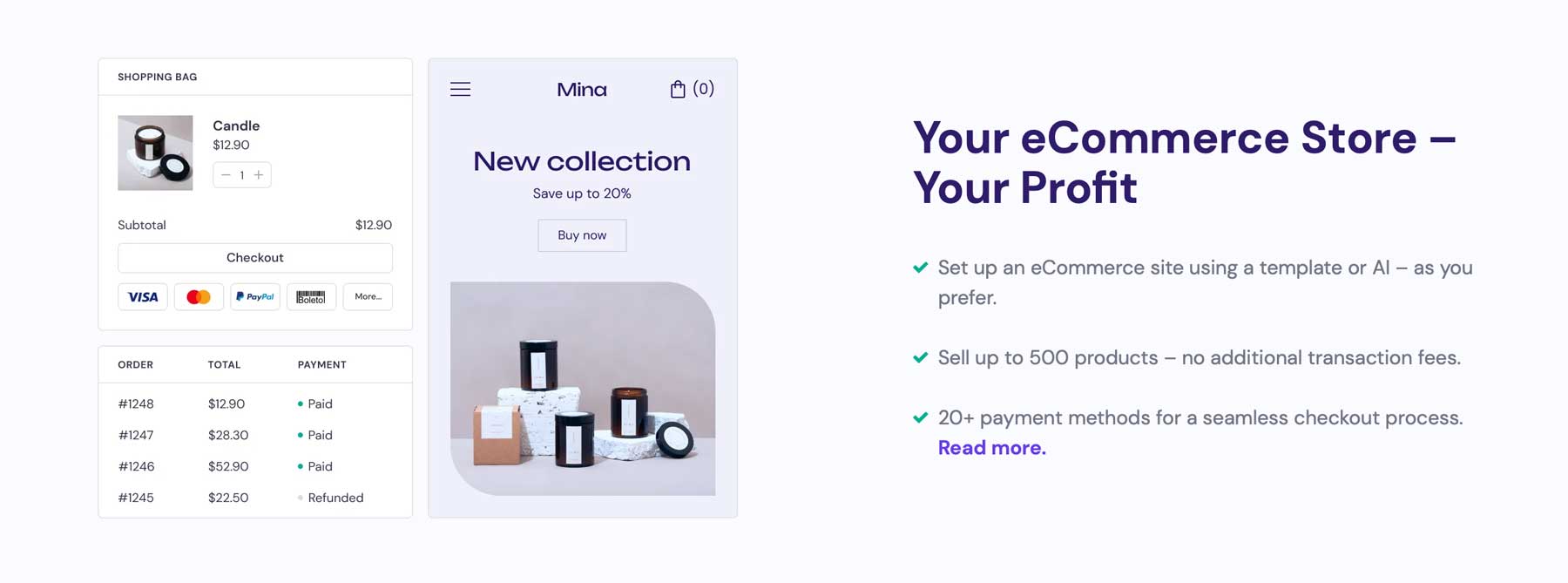
Hosting has improved their ecommerce platform in recent years, making it a good alternative to Wix and other more expensive builders. It offers excellent features for your online store, including 0% transaction fees, so you don’t have to pay extra to sell your products. Additional features include order management through tax collection, shipping, and inventory. It also integrates with marketing tools like Google Analytics, Facebook Pixel, and Adsense, so you can easily market on social media and track the results.
Best For:
Hostinger is a top choice for those looking to launch a small online store but want the ease of AI tools and a simple UI to guide them through the process. It offers free SSL, supports up to 500 products without added costs, and provides an AI-driven website builder for eCommerce.
Pricing: Starting at $3.49 per month for an online store with their website builder.
3. Wix
Our next eCommerce website builder, Wix, is a fully hosted platform known for its ease of use and drag-and-drop builder. They offer an online shop that’s built-in to the interface, so there’s no plugin or extra software to install. Unlike platforms like WordPress, adding products is quick and easy. You can also add coupon codes, configure a payment method, and send emails to customers, all in the same dashboard.
Key Features of Wix:
- Drag-and-drop visual builder (though tricky to work with sometimes)
- AI website builder
- Site analytics, inventory management, and marketing tools
- Fully hosted (domain, hosting, and site included)
- Large selection of templates
- Multi-channel selling (ads and merchant connections)
Wix has a nice conversational onboarding process that can generate your site with AI. Compared to Divi AI, the results seem to be more template based, but does give you a good jumpstart on your new site.
Though you’ll have more customization options with Divi, Wix does make it easy design your store to fit your brand. Hostinger does have more AI editing and marketing tools that Wix, but Wix has 900+ starter templates and an easy-to-use interface to go with it’s AI capabilities.
Wix gives you plenty of options for product types and ways to display them. Whether you want to sell physical or virtual products, Wix has you covered.
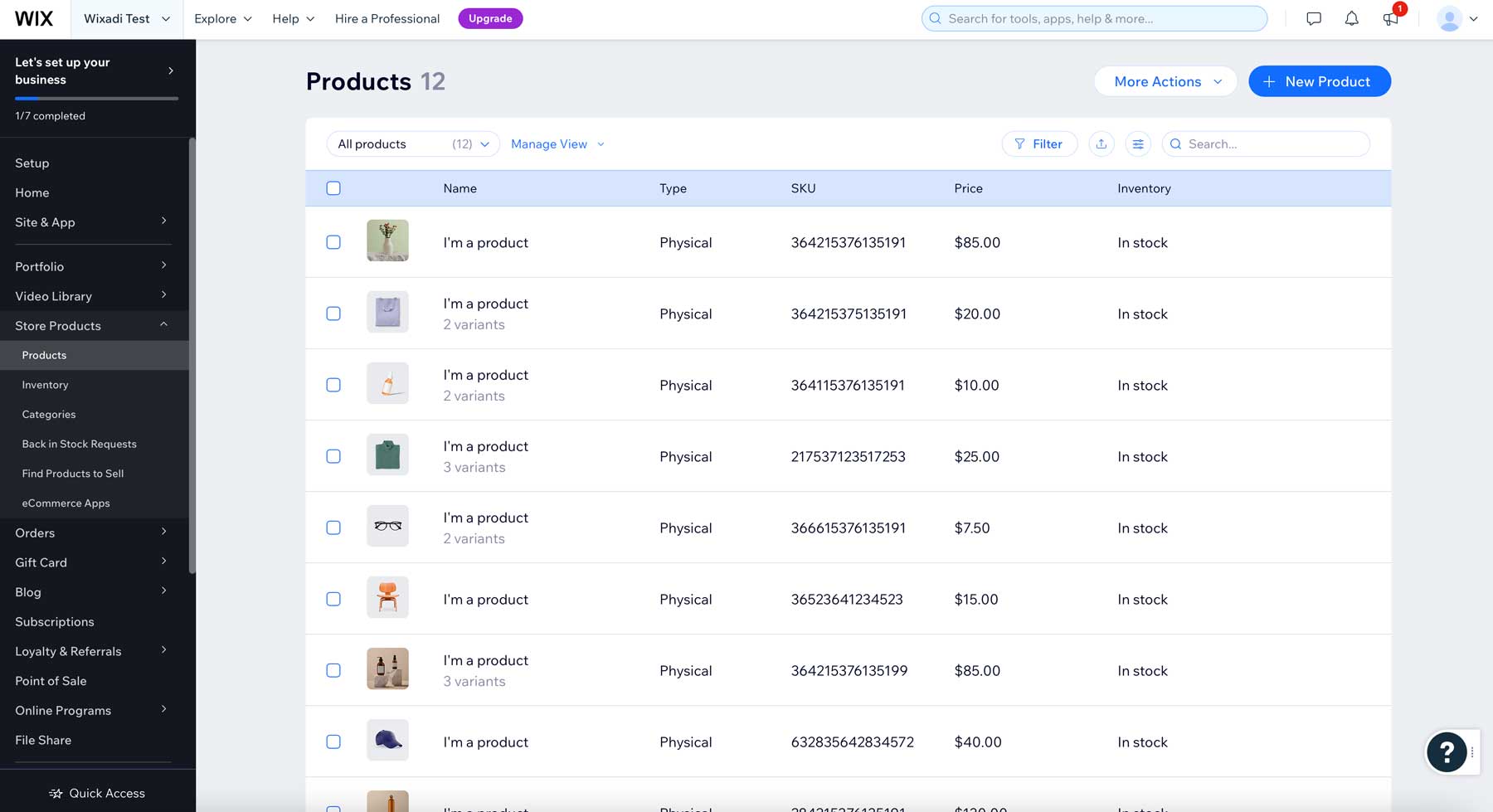
In addition to product types, Wix has an online booking system, should you need to showcase services. There are also over 250 apps you can connect to your online store to streamline stock management, shipping, and tax collection. For example, Wix users can choose between over 50 payment methods, mass import products from a CSV file, track product SKUs, and automatically mark items as out of stock when the last item sells. Plus, you’ll get onboard abandoned cart recovery, emailing users who didn’t complete a purchase.
Best For:
If you’re looking for an all-in-one eCommerce website builder, Wix is a great choice. With a vast selection of templates and apps, you can rest assured Wix can handle whatever type of store you want to create. Pricing is affordable, too, with plans starting at $16 per month. However, to accept payments, you’ll have to sign up for the Core Plan, which costs a bit more at $27 monthly.
Pricing: “Basic” eCommerce plans start at $29 monthly. “Standard” and “Advanced” eCommerce plans cost $36/mo and $159/mo, respectively.
4. Shopify
Shopify is one of the most renowned eCommerce website builders in the business. The platform offers extensive shop management tools, built-in payment processing, and discounts on shipping physical products. It also provides an easy multi-channel selling solution, allowing you to submit your products on your store to social media platforms like Instagram.
Key Features of Shopify:
- Cross-selling capabilities
- Inventory and store management tools
- Site analytics and performance reports
- Discounts on shipping
- Drag-and-drop builder
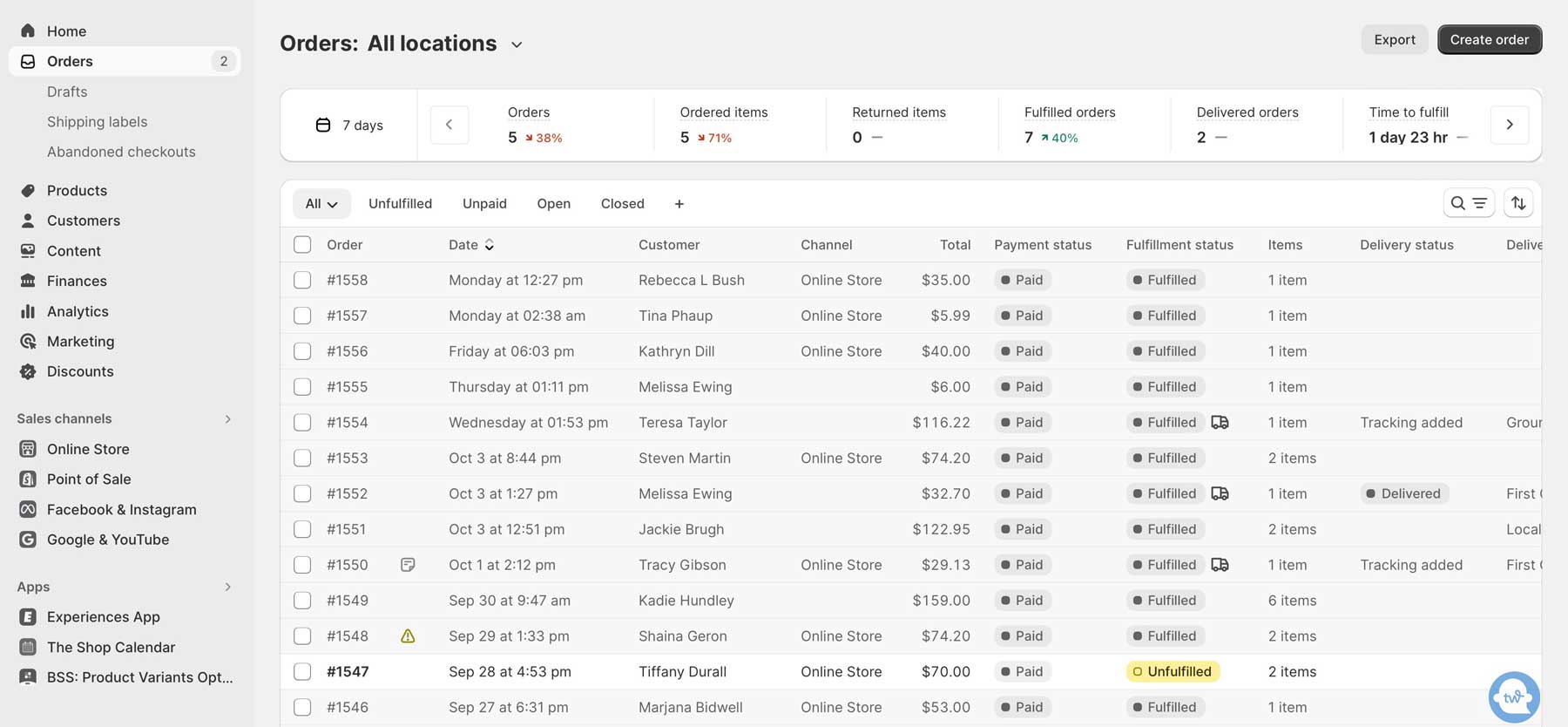
The best feature of Shopify is its inventory and order management. Users can easily move products in or out of stock, manage orders, and sort them according to fulfillment method or delivery location. Edits can also be made easily before proceeding to shipping. Additionally, shop owners can notify customers through SMS messages when their order ships.
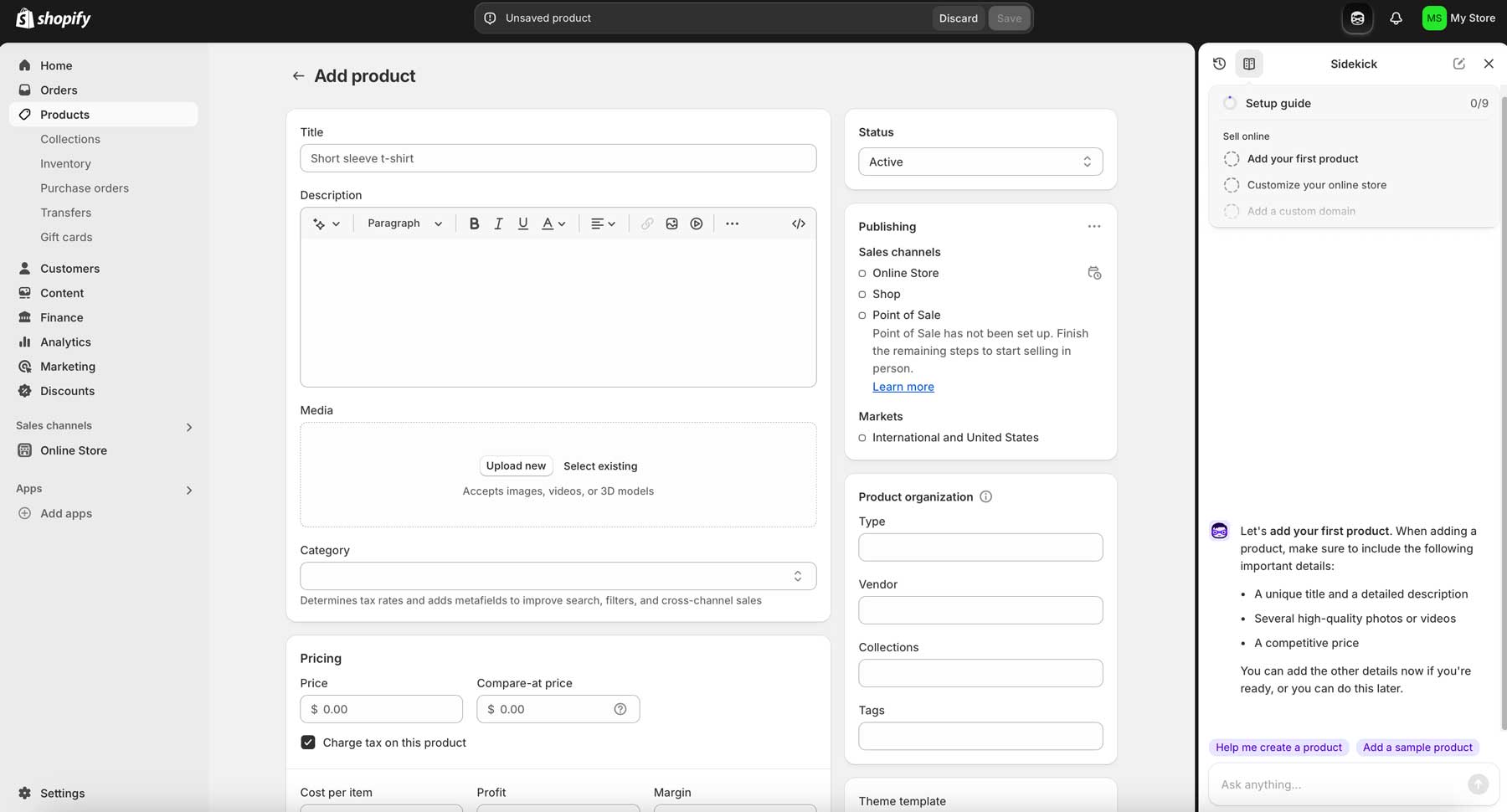
Best For:
Shopify is an excellent platform for selling products in multiple arenas. It offers plenty of themes and an intuitive drag-and-drop eCommerce website builder that’s easy to use. However, there are downsides. Changing the code or theme elements requires extensive coding knowledge, so Shopify may not be the best choice for beginners.
Pricing: Shopify starts at $29 per month with 2.9% transaction fees.
5. Squarespace
Squarespace is another all-in-one eCommerce website builder to consider. A subscription includes everything you need to launch an online store, including a domain name, hosting, a drag-and-drop builder, and built-in eCommerce features. It also provides many security features, including an SSL certificate, 2FA (two-factor authentication), DDoS attack protection, password-protected pages, and a login activity dashboard.
Key Features of Squarespace:
- 14-day free trial
- Easy product management
- Automatically post new products to social media
- Custom checkout forms
- Robust security features
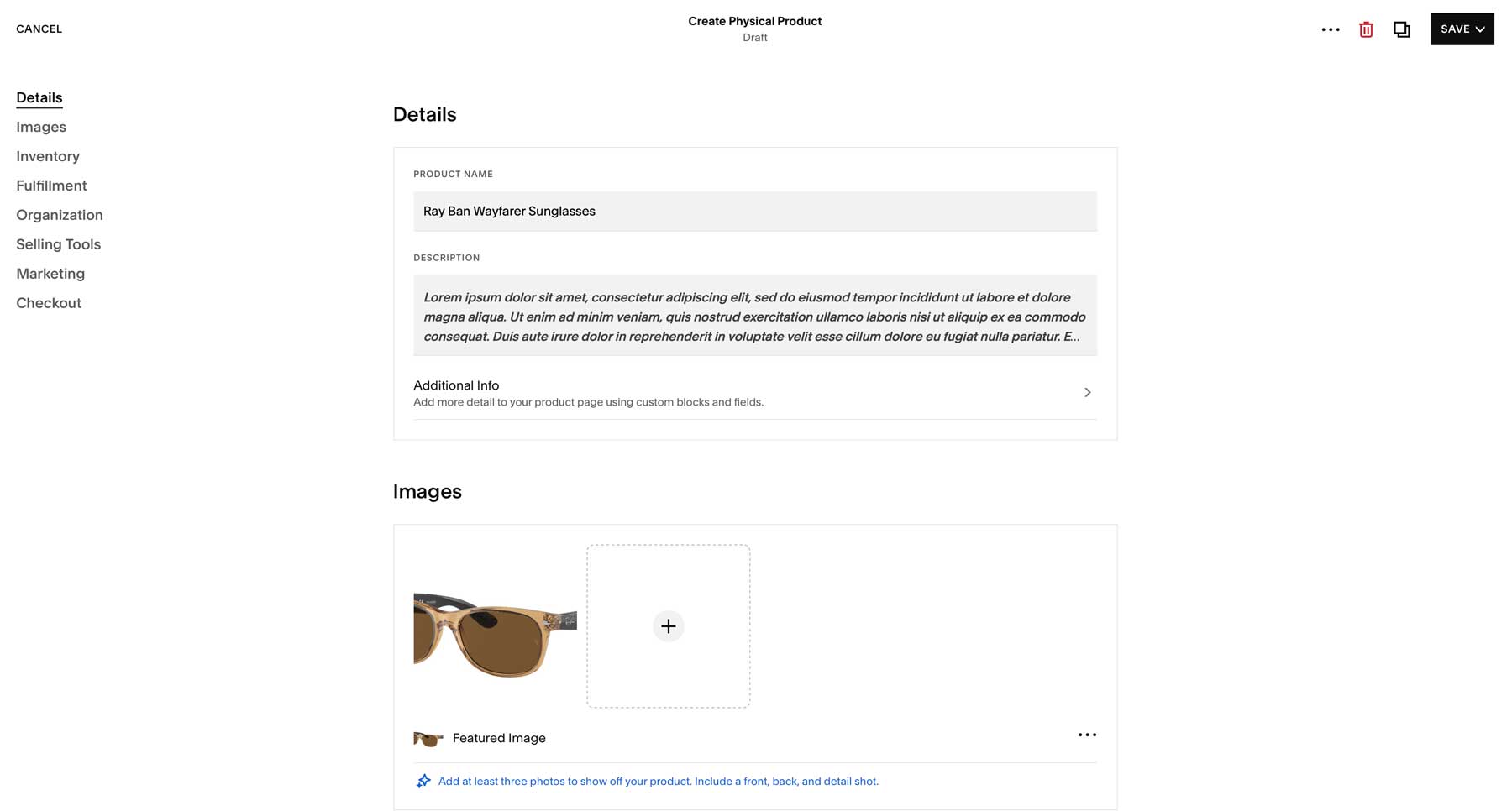
One of Squarespace’s best features is how easy it is to set up products. The product creation page includes a simple interface for adding details about your product, along with categories, tags, images, inventory levels, shipping fulfillment, customer reviews, and more. You can also cross-promote on social media by notifying followers whenever you launch a new product. Users can create custom payment forms to capture the most essential information during checkout.
Best For:
Squarespace is built for beginners with its simple interface and drag-and-drop editor. Plenty of templates exist, so finding the right look for your site is a breeze. However, you won’t get the same level of customization as you would with WordPress or Wix, so those looking to start with a template and tweak it to suit their style preferences will want to look elsewhere.
Pricing: Ecommerce plans start at $25 per month (but missing features like custom CSS and advanced analytics).
6. Duda
Our next eCommerce website builder, Duda, is often compared to WordPress. As a content management system, Duda is quite capable. Thanks to its AWS hosting backbone, it offers a drag-and-drop page builder, the ability to add custom code for customization, and blazing-fast speeds.
Key Features of Duda:
- Client management, white-label branding, and marketing tools
- 100’s of design widgets and pre-made sections
- 150+ themes, with 20+ specifically for online stores
- AI-powered SEO tags
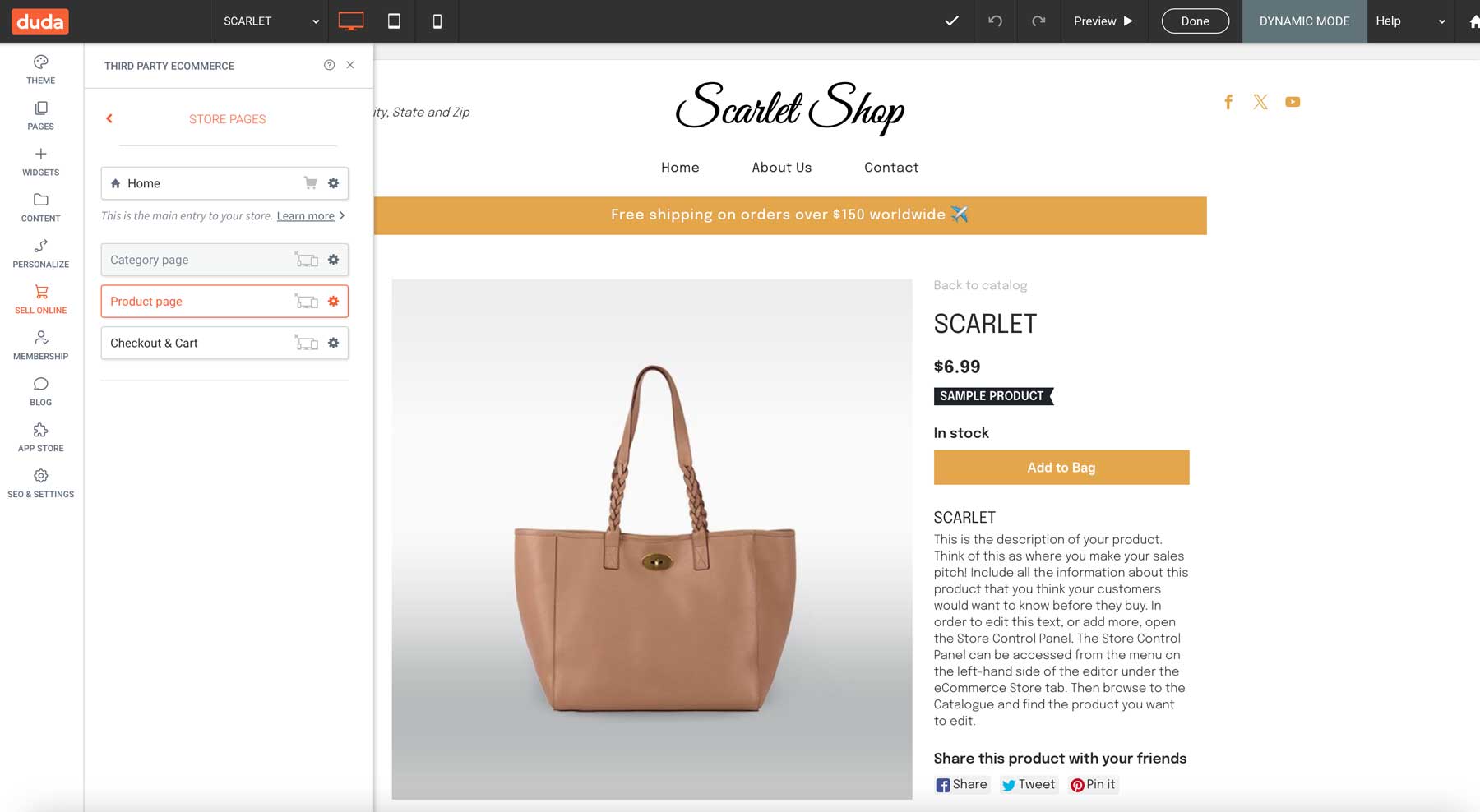
Duda’s offerings are pretty impressive. It provides three store options: Standard, Advanced, and Unlimited. The Standard store provides 30+ payment gateways and the ability to sell up to 100 products, which is likely enough for small businesses. However, Duda can handle eCommerce mega-sites, too, with unlimited products and a point-of-sale (POS) system powered by Square. Users can design every aspect of their store, from the shop page down to individual product pages, with a drag-and-drop editor, hundreds of design widgets and sections, and up their SEO game with AI-powered SEO tag generation.
Best For:
Duda is an excellent option for those looking for ultimate control over the look and feel of their online store. With a drag-and-drop eCommerce website builder, the ability to sell unlimited products, and an all-in-one SaaS platform, even the bigger players will find features they love. The downside to Duda is that to sell products, you have to sign up for hosting and pay an extra fee to sell online.
Pricing: The builder and hosting are $8 monthly and comes with 0% transaction fees.
7. BigCommerce
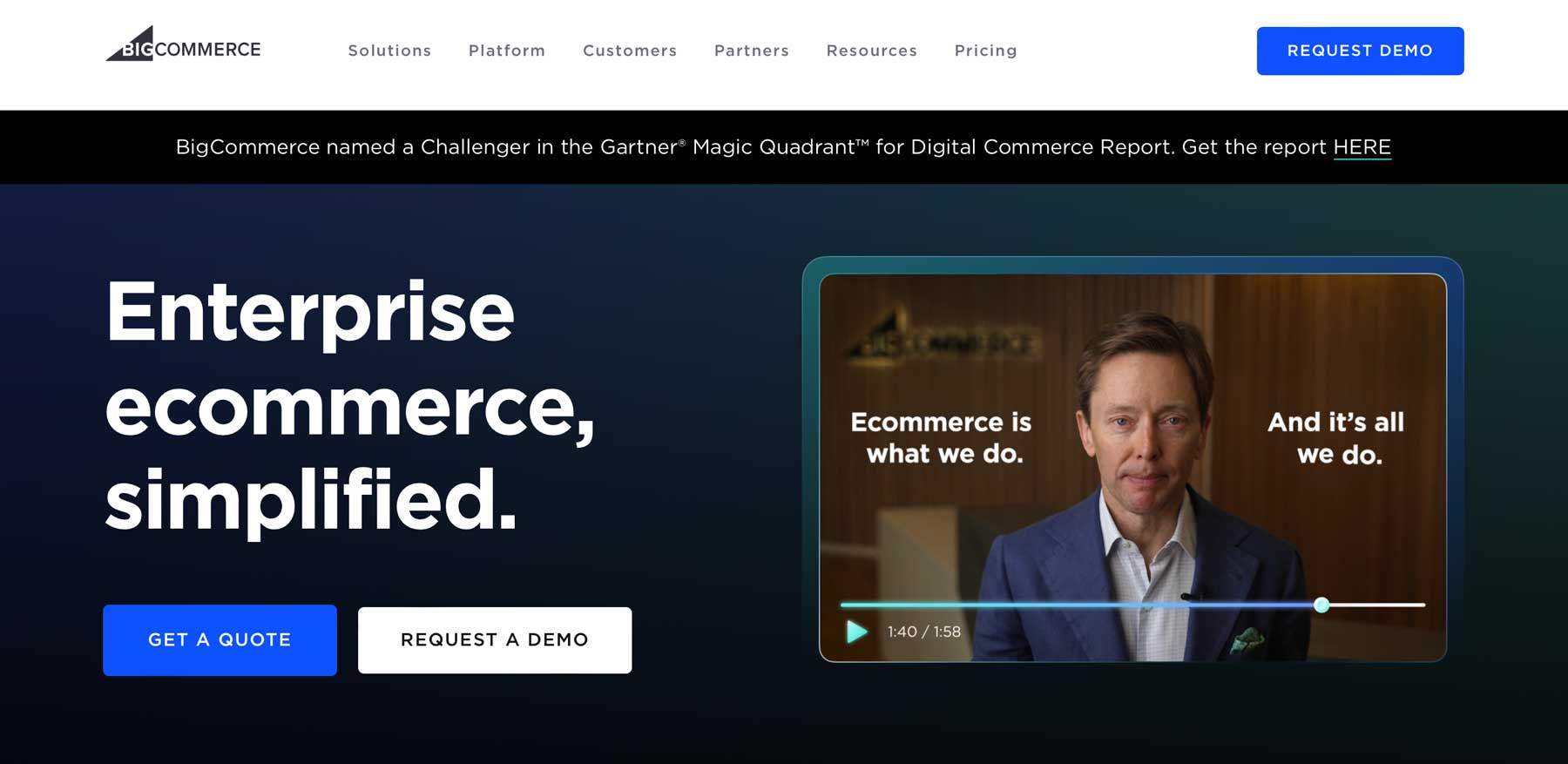
BigCommerce is another eCommerce website builder worth considering. It offers features such as multi-channel selling, which allows you to sell products on Amazon, eBay, Walmart.com, and social media platforms like Instagram. BigCommerce also allows for multiple storefronts to sell different products for different applications. If you’re a WordPress user, BigCommerce can easily be integrated with a plugin, making it a versatile platform for almost any business.
Key Features of BigCommerce:
- Sell on multiple platforms, including Walmart, Amazon, and social media
- Unlimited products
- multi-storefront
- BigCommerce mobile app
- Shipping Calculator
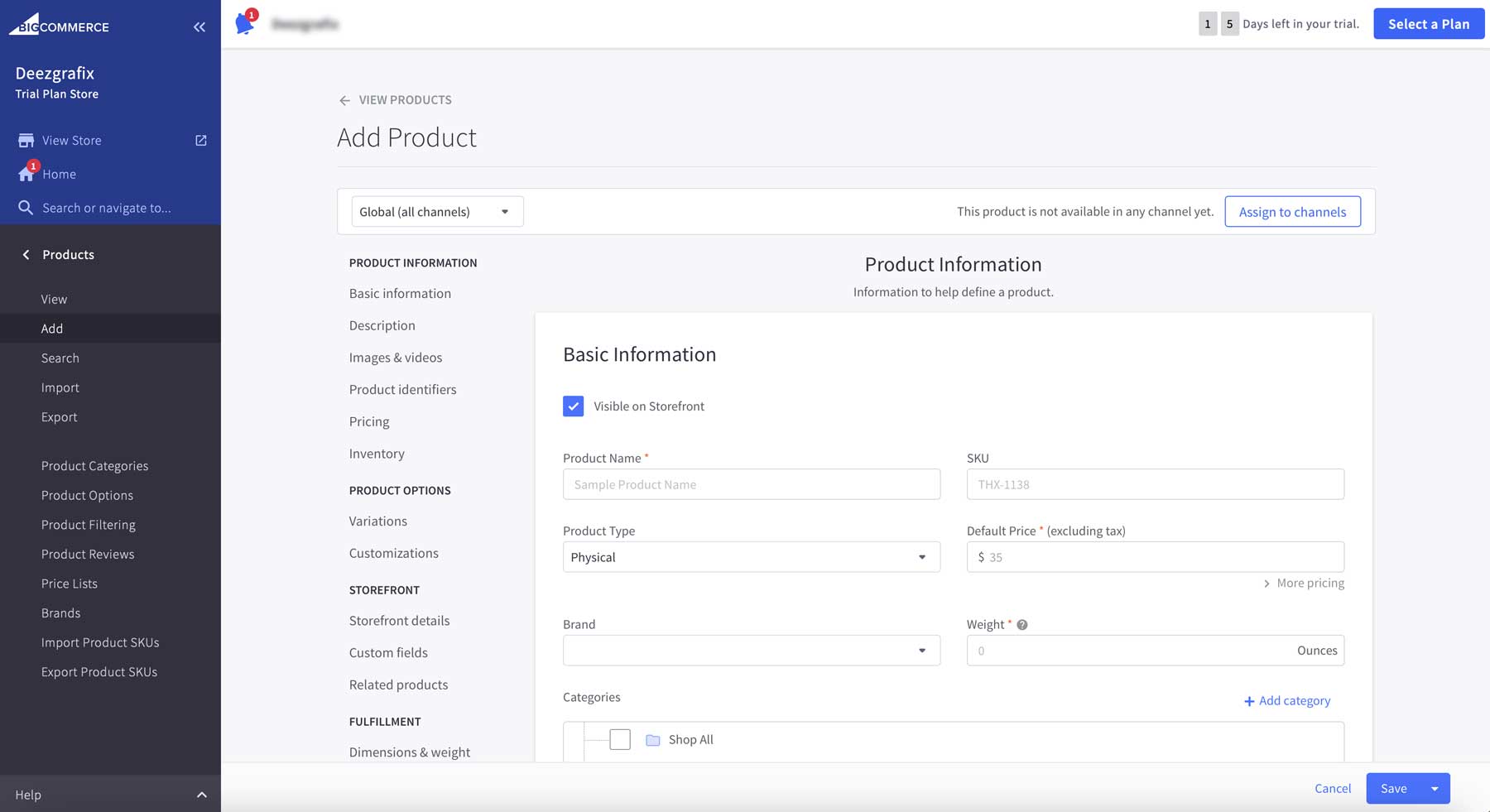
BigCommerce has a drag-and-drop builder with 12 free eCommerce templates, but the design modules could be better. The real star of the show is the individual product options. Aside from adding basic information like product type and description, the product editor can add variations, images and videos, shipping calculations, and gift-wrapping options. Users can add product modifiers through custom fields to include customer note sections and forms as a bonus.
Best For:
BigCommerce is an eCommerce solution for any business. With plans catering to individuals and enterprise clients alike, those seeking a custom solution will find it appealing. Companies can list products on big box retailers like Walmart, Amazon, or social media, making it a perfect multi-channel eCommerce solution. Plus, integration with WordPress provides customization lacking in BigCommerce’s drag-and-drop builder.
Pricing: Plans start at $39 per month with 0% added transaction fees.
Comparing the Best Options
When deciding which eCommerce website builder is the right fit, it’s important to consider price, features, and ease of use. Each entry on our list is relatively affordable for most. Generally speaking, they all share similar features: a page editor, free themes, and order management. So, ultimately, the choice will come down to what’s most important to you.
Price Comparison
To help you choose, we included a side-by-side comparison of each builder’s pricing. Remember that some of these have scaling prices that can increase rapidly (that’s one reason why Woo + Divi is nice).
| Plugin | Price | ||
|---|---|---|---|
| 🥇 | WooCommerce + Divi | $7.42/month | Visit |
| 🥈 | Hostinger | $3.49/month* | Visit |
| 🥉 | Wix | $29/month | Visit |
| 4 | Shopify | $29/month | Visit |
| 5 | Squarespace | $25/month | Visit |
| 6 | Duda | $8/month | Visit |
| 7 | BigCommerce | $39/month | Visit |
| * Indicates an introductory offer | |||
Time to Pick Your Ecommerce Builder
If you want the best store possible and the best potential to cut costs over the life of your store, WordPress and Divi have the edge over the likes of Hostinger, Wix, and Shopify. Divi has the most powerful design tools of any other eCommerce site builder on this list. WooCommerce has more ways to customize it than any other option on this list. Put those two facts together, and you have no cap on what you can do with your store (especially against proprietary eCommerce solutions).
That said, Hostinger and Wix can also work, as they make building a store easy (you can use AI in all three of our top choices). If you have more questions about Divi, contact our team in the chat right now.




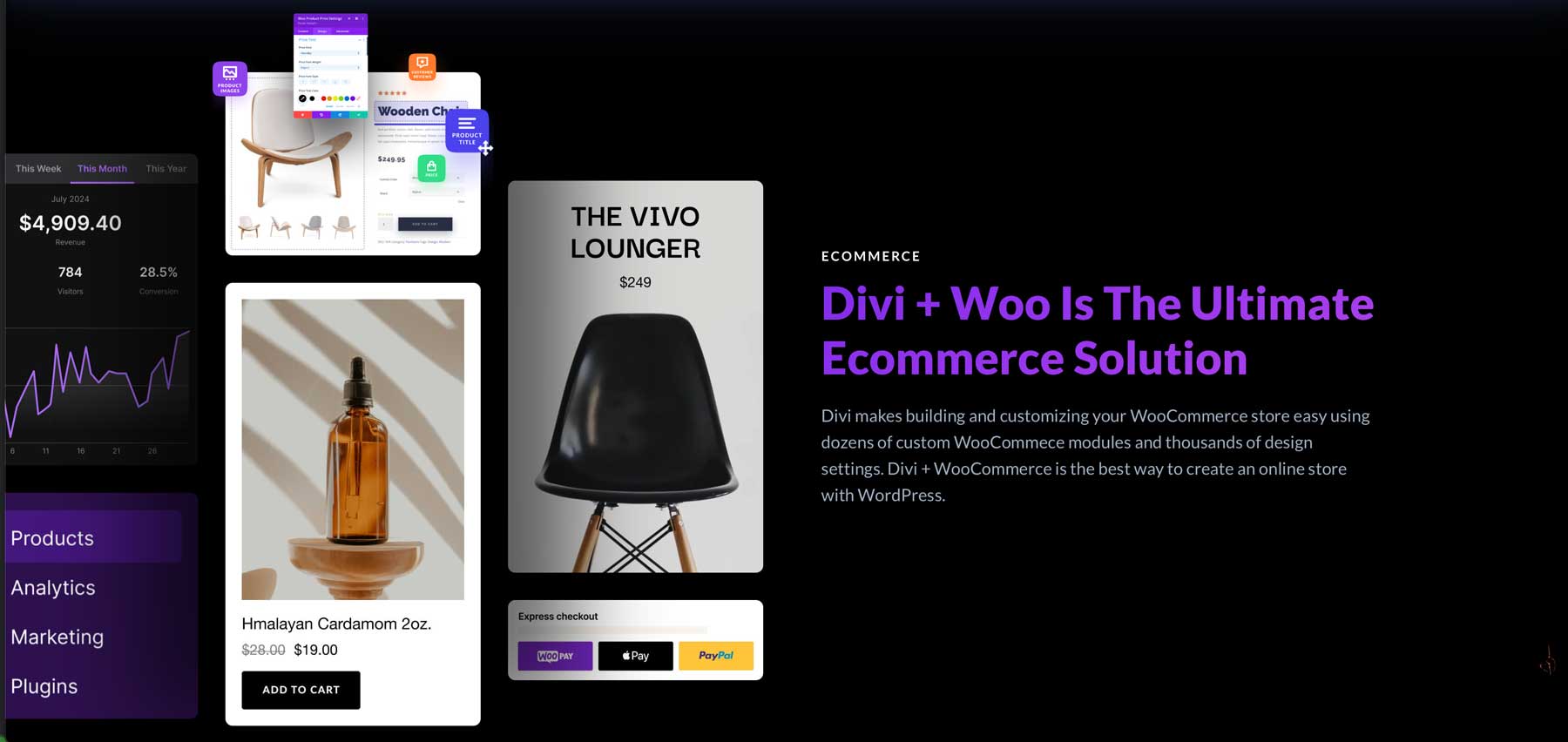




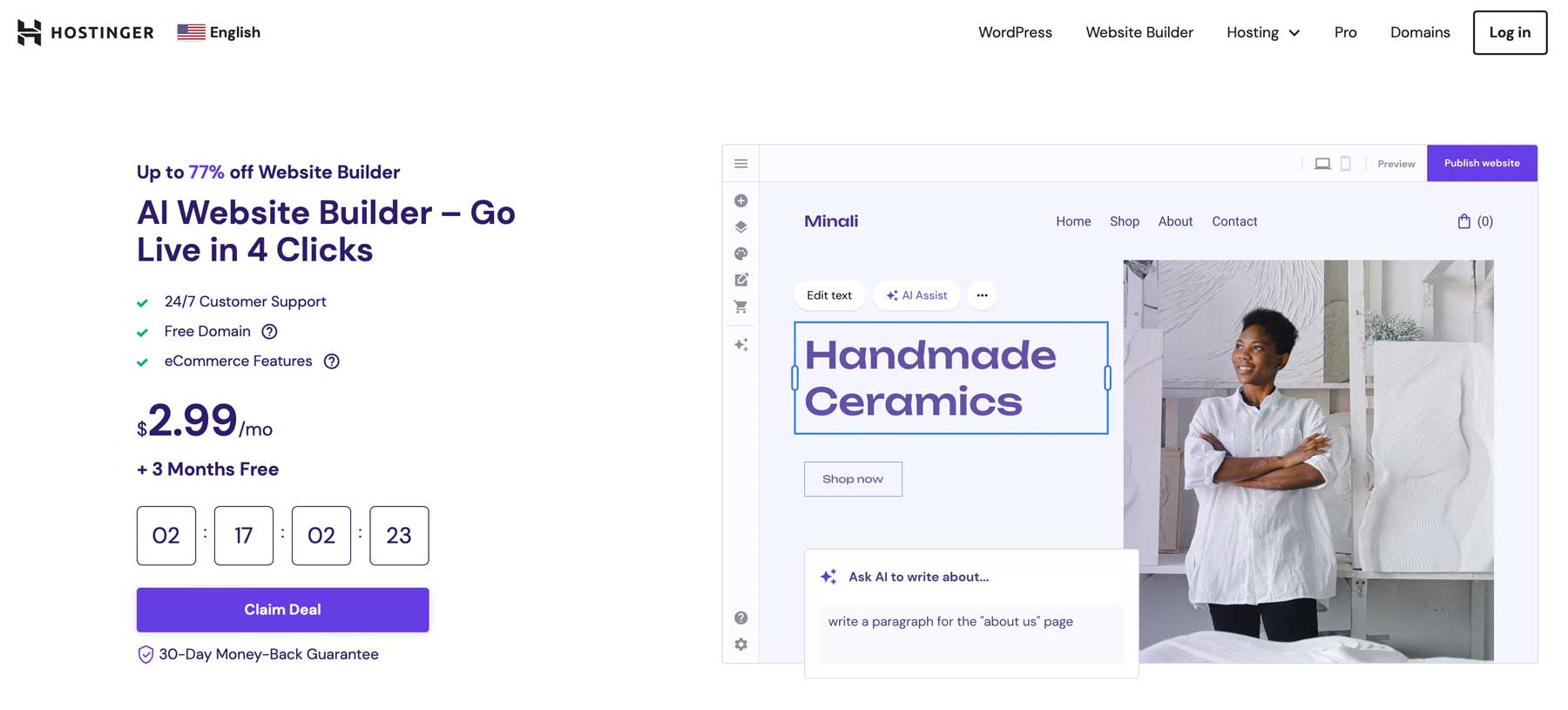
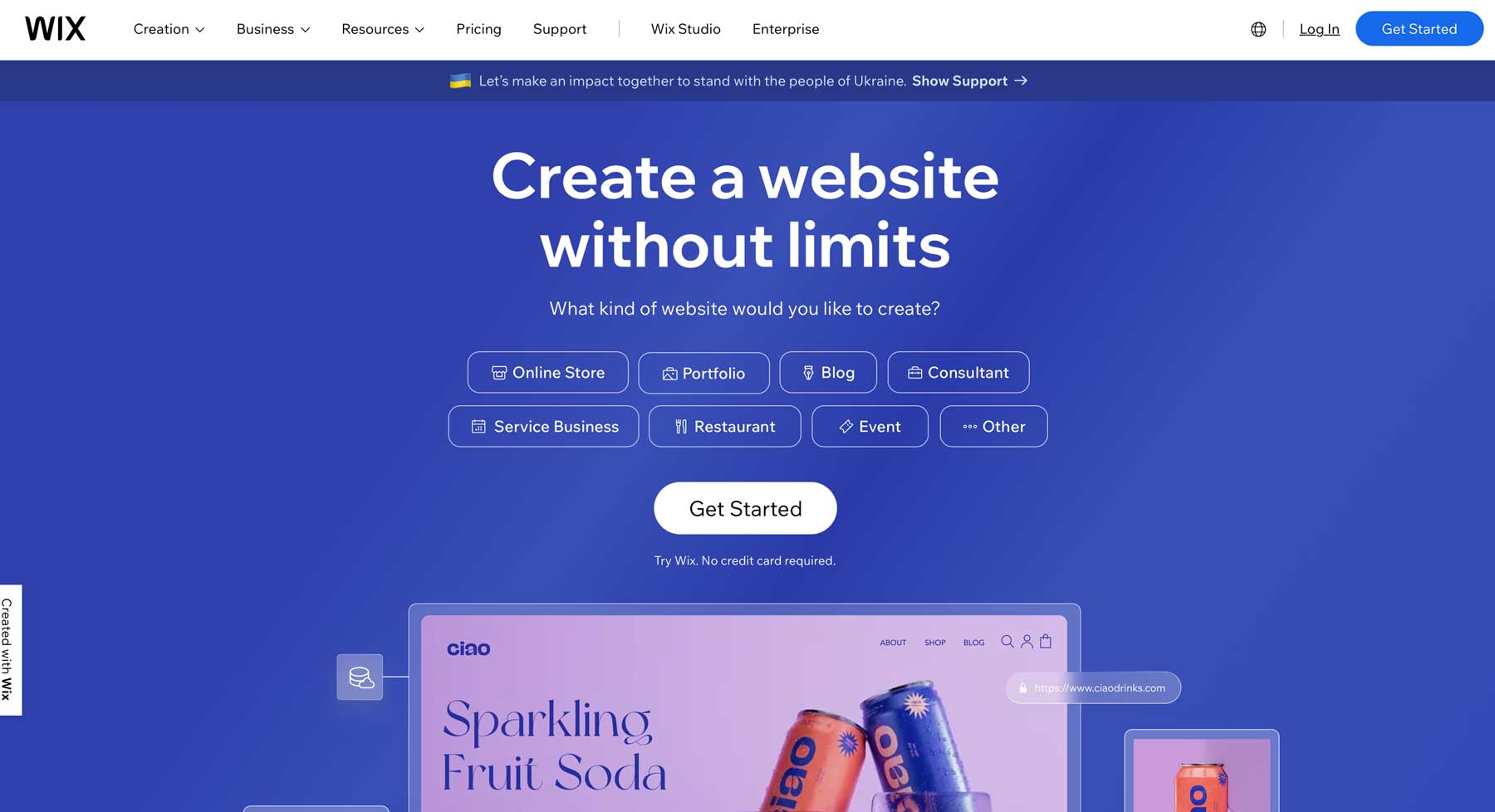

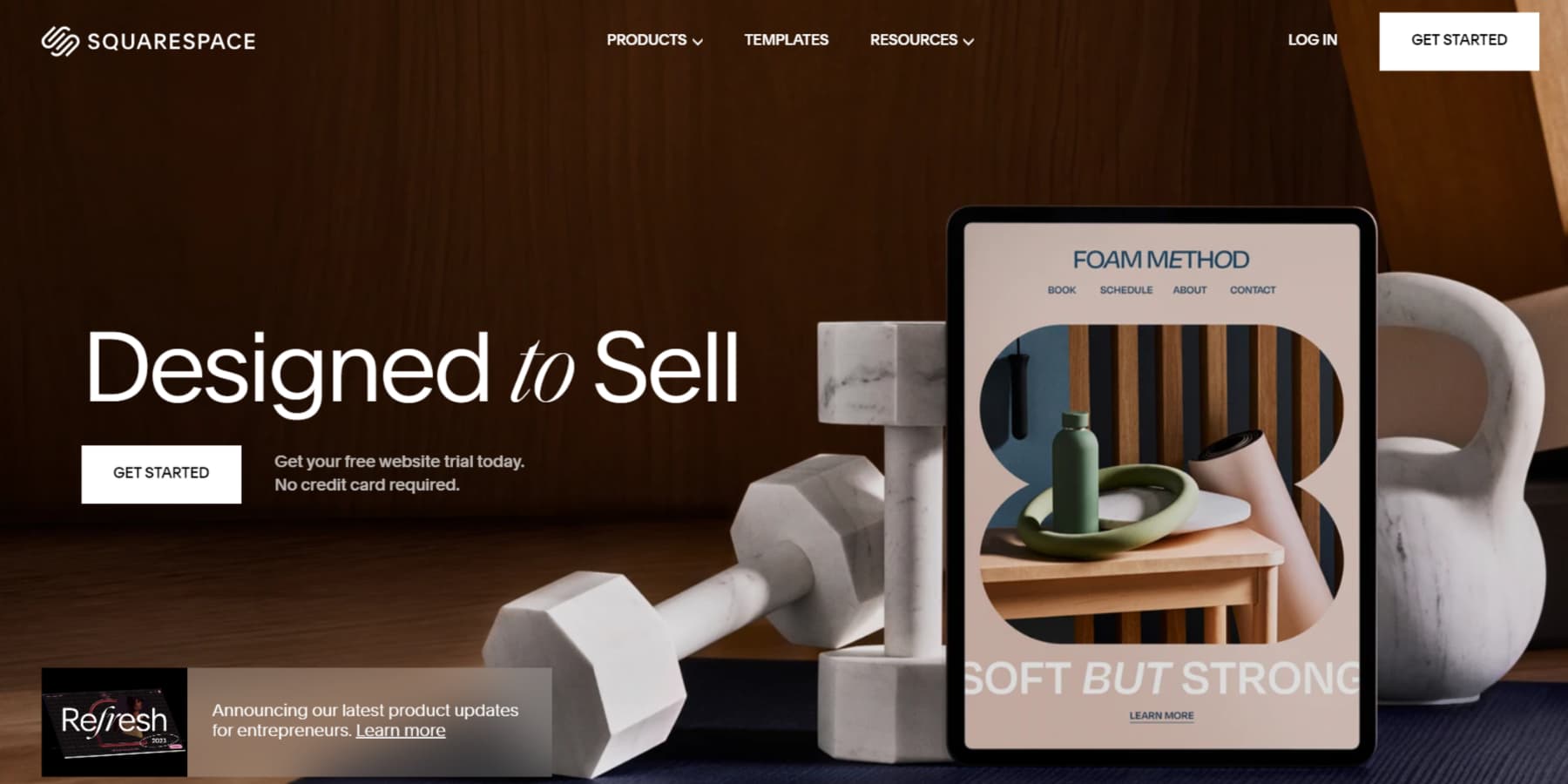
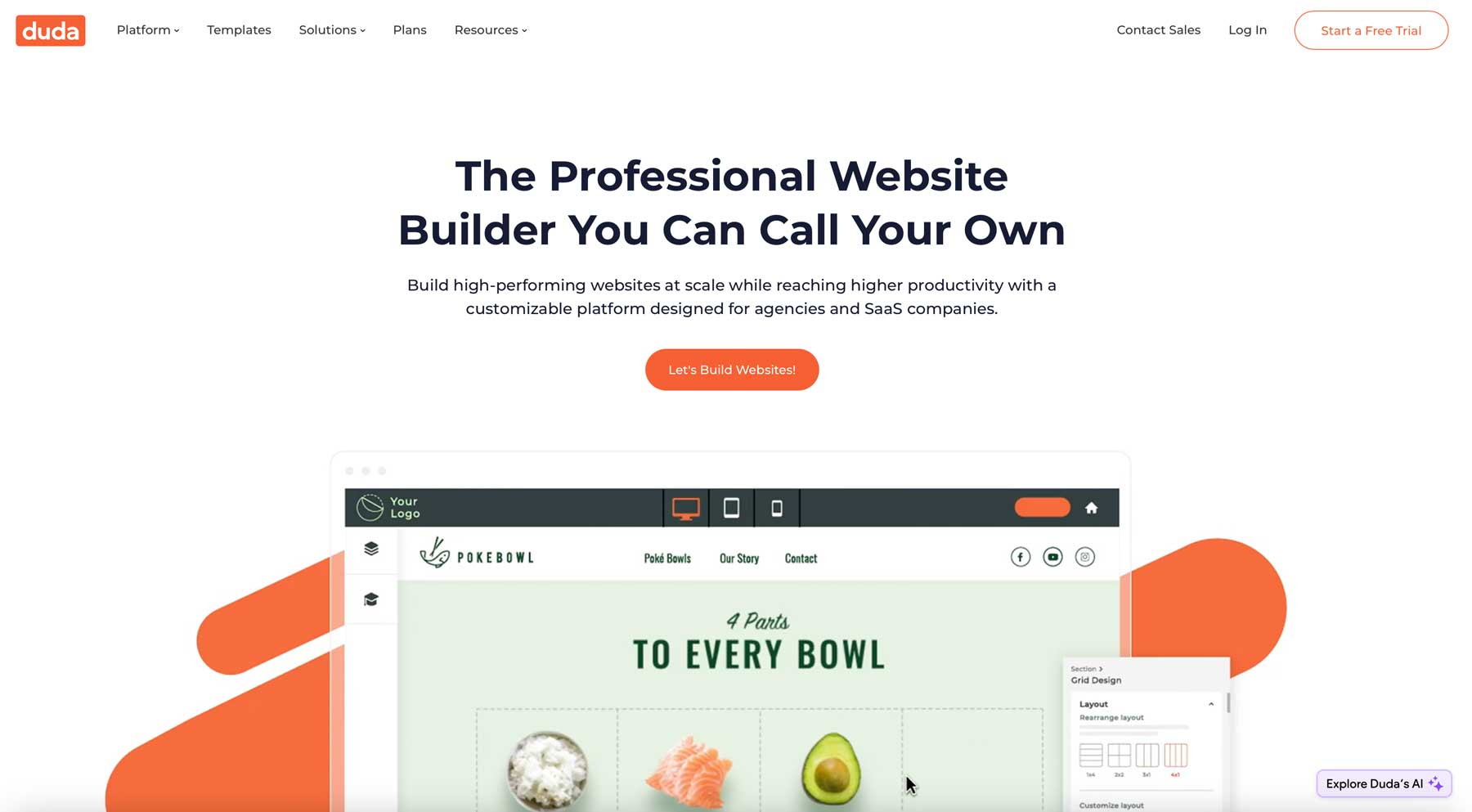




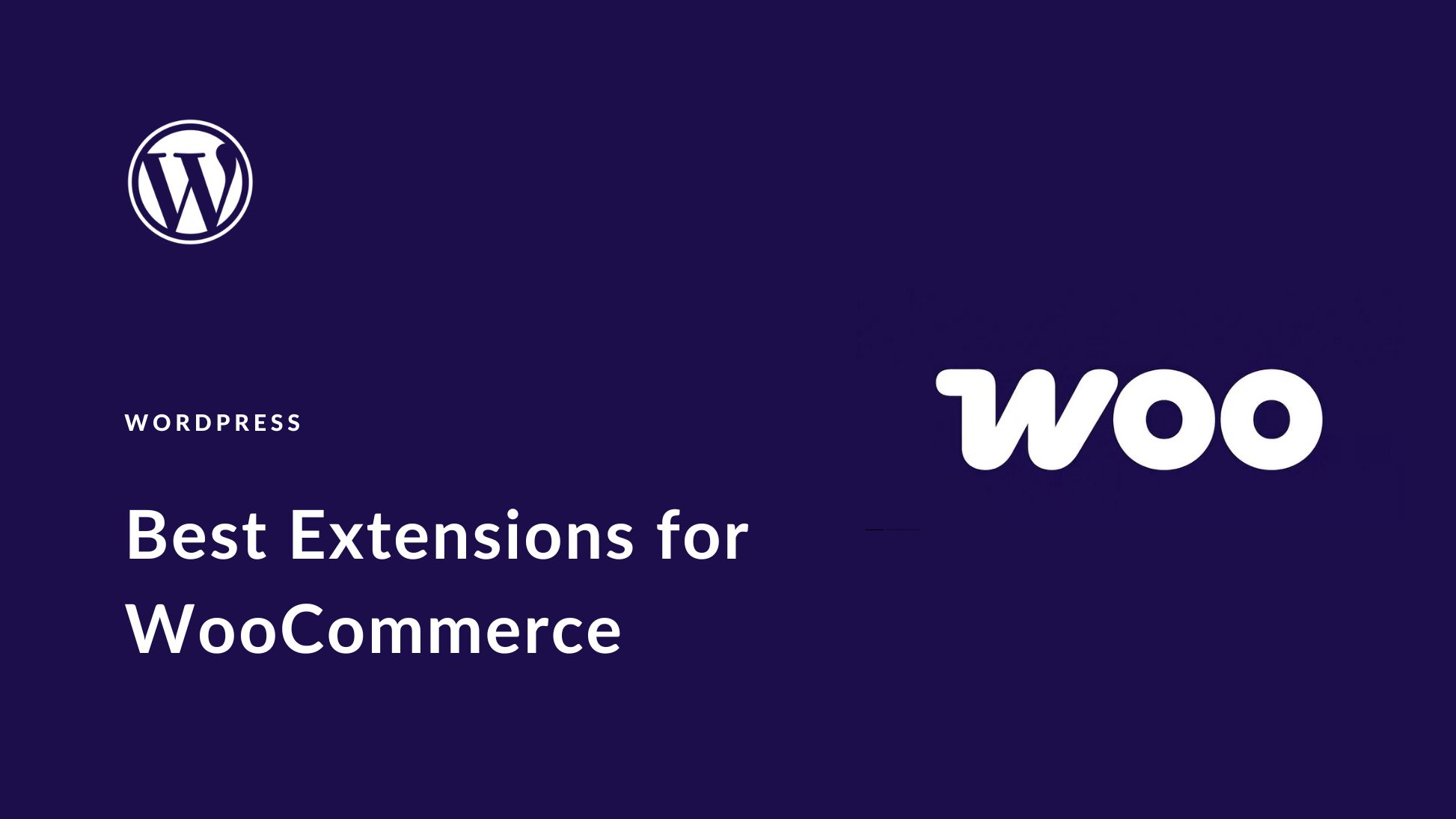
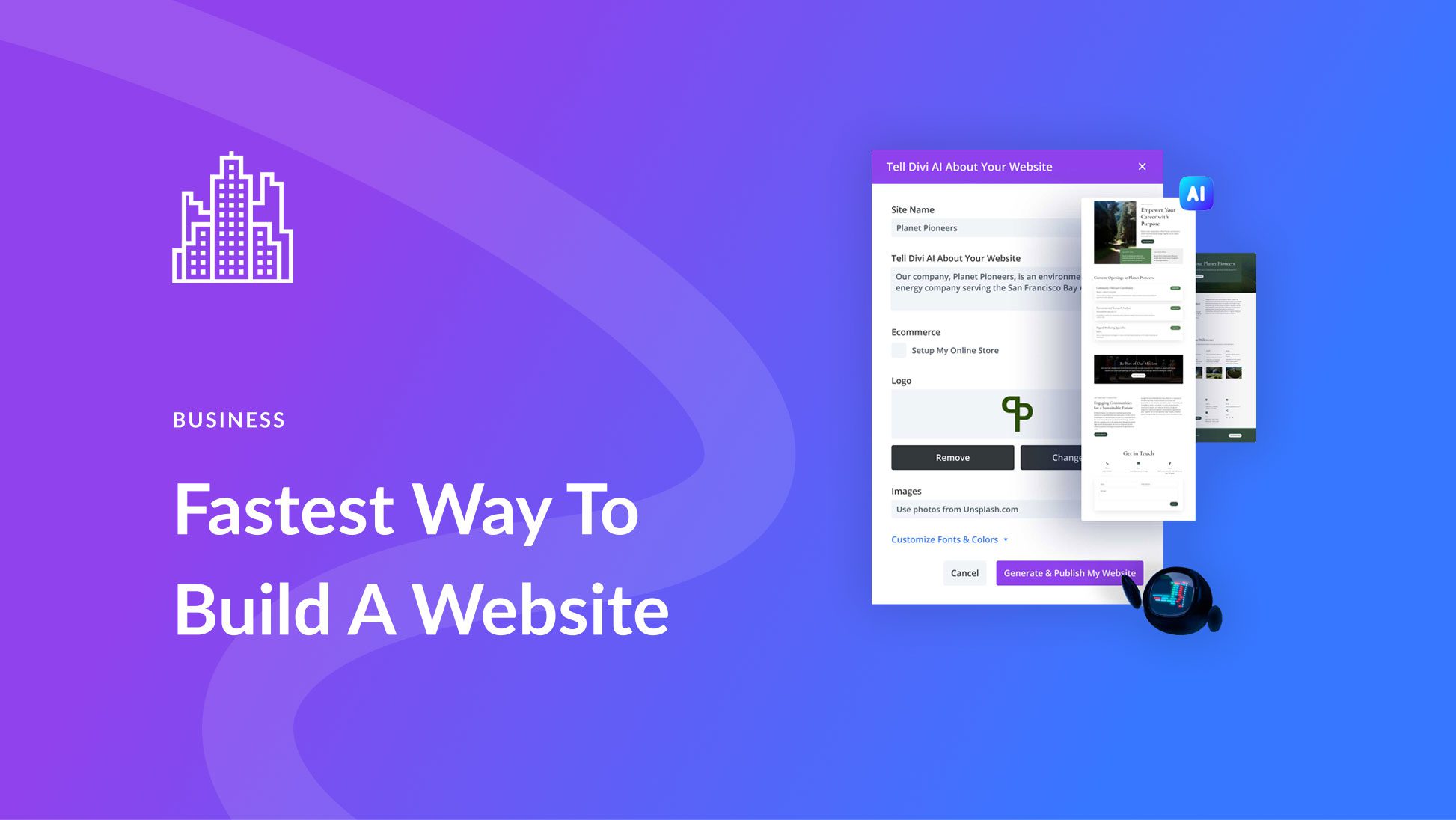
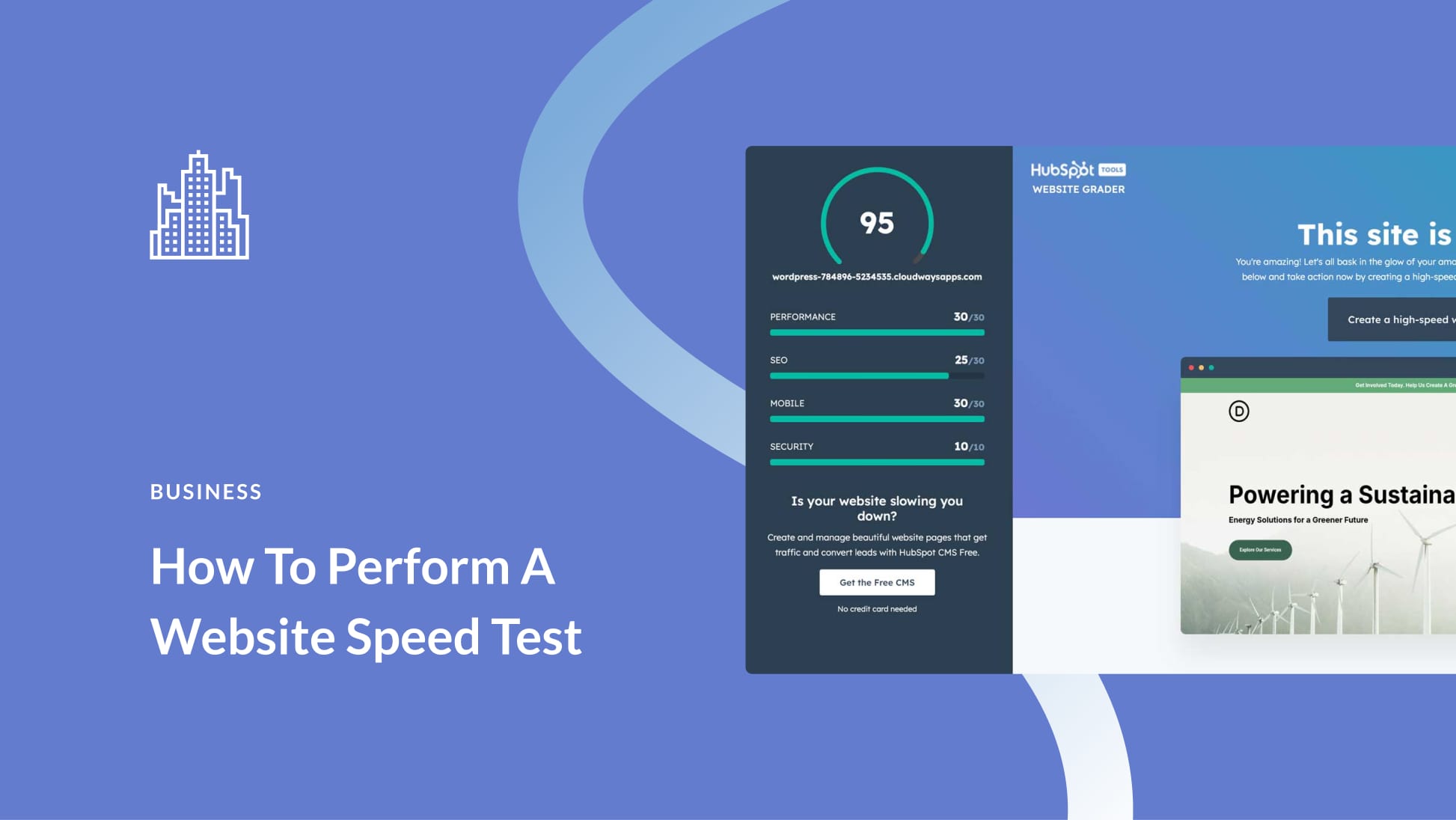
Leave A Reply